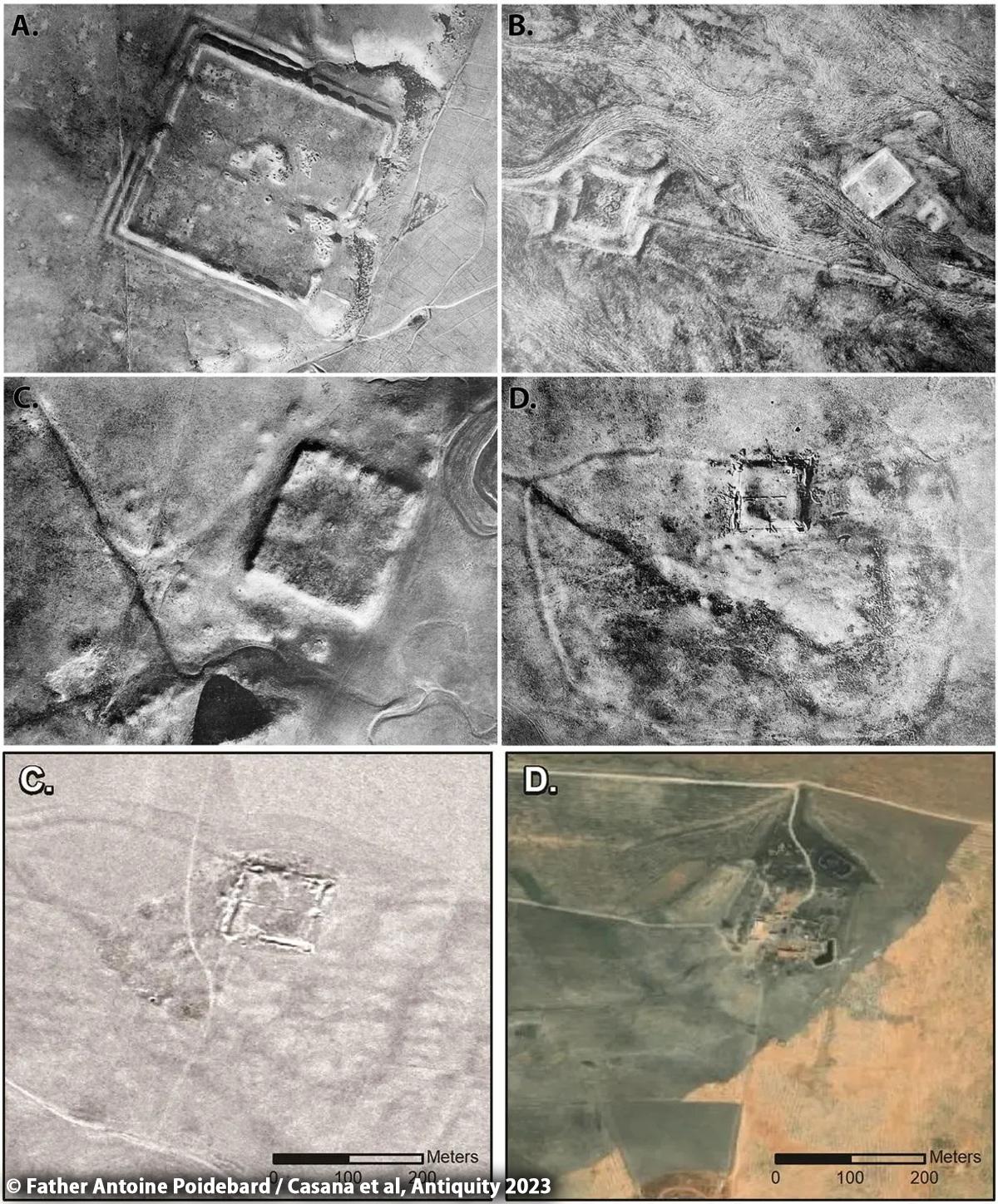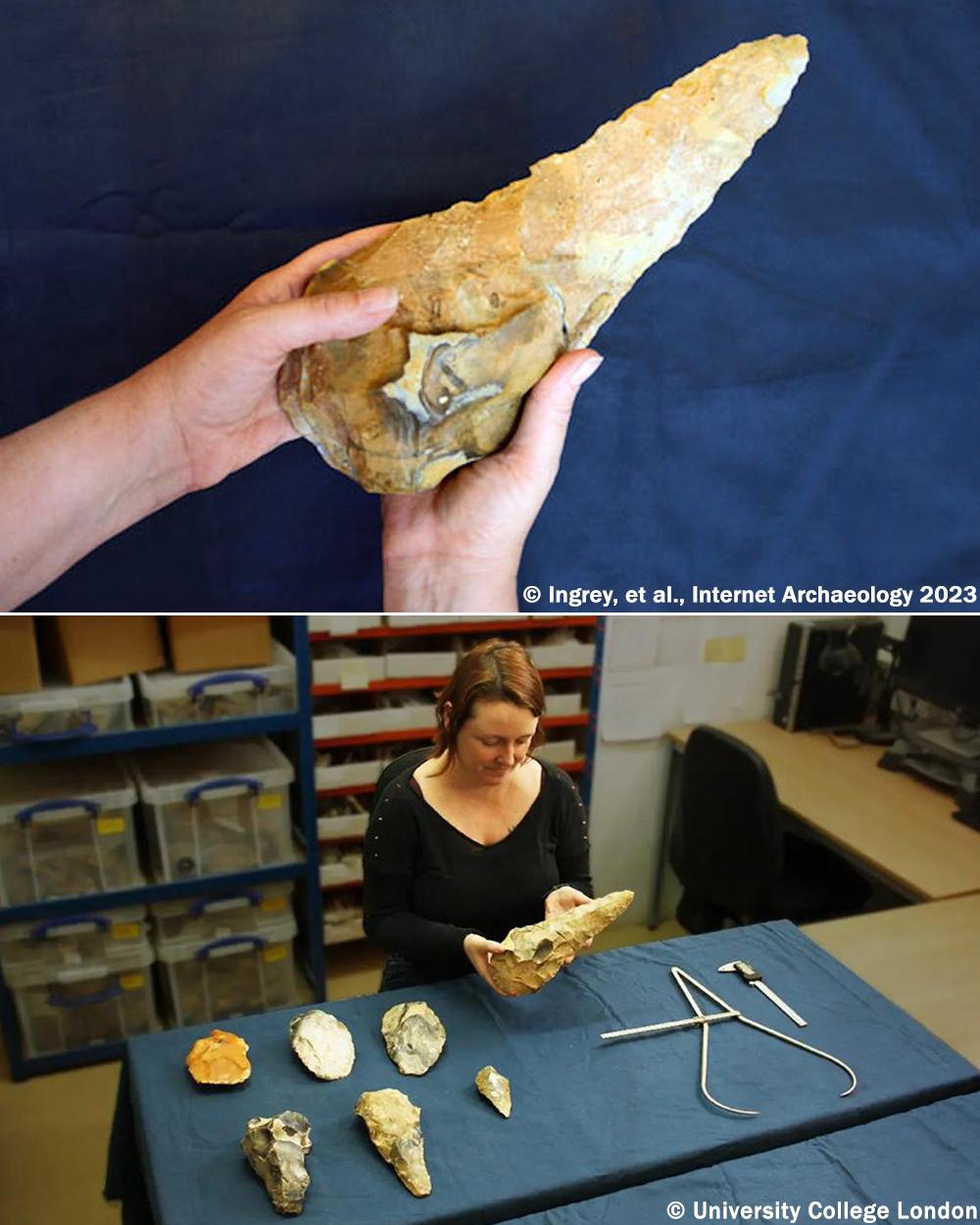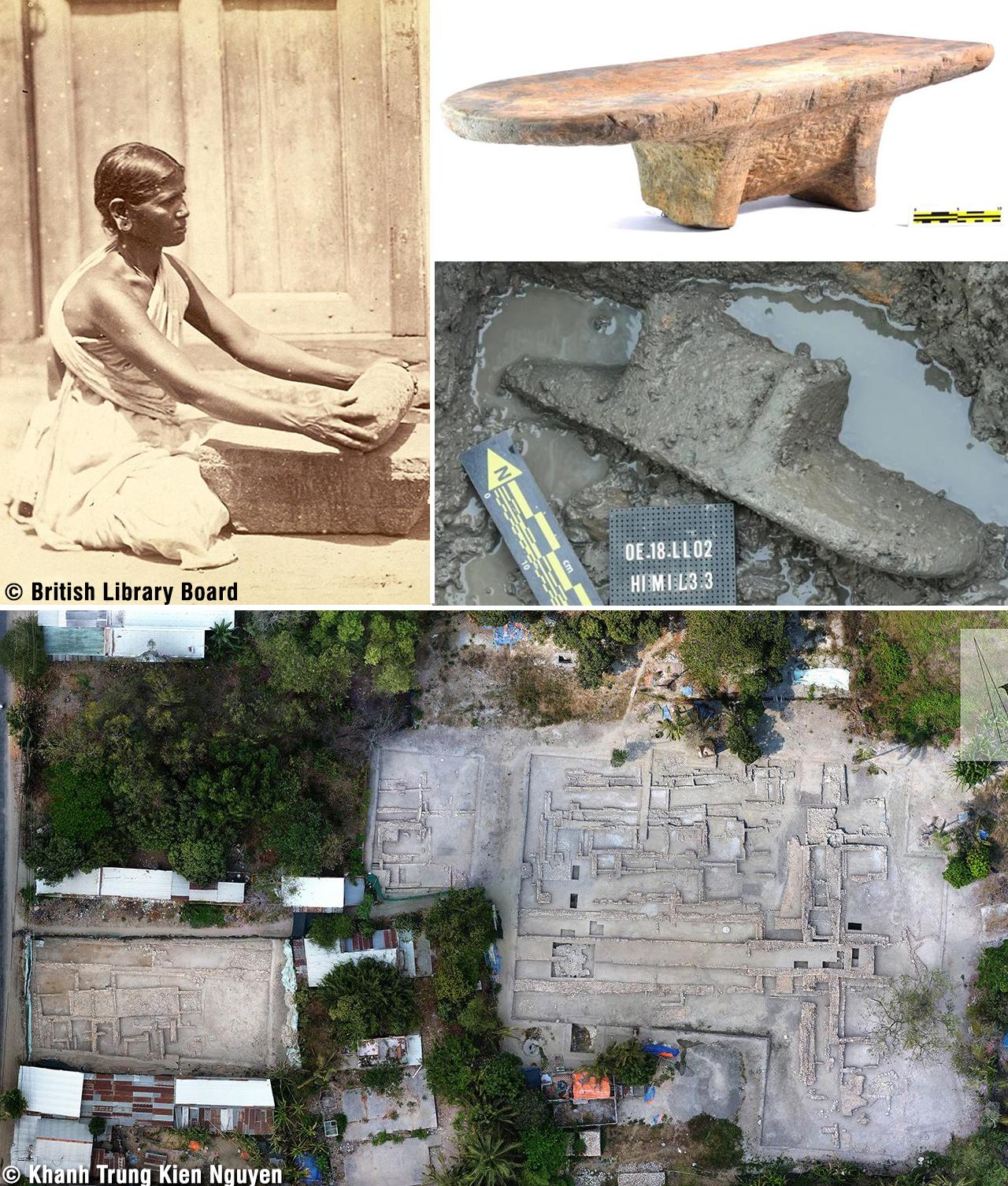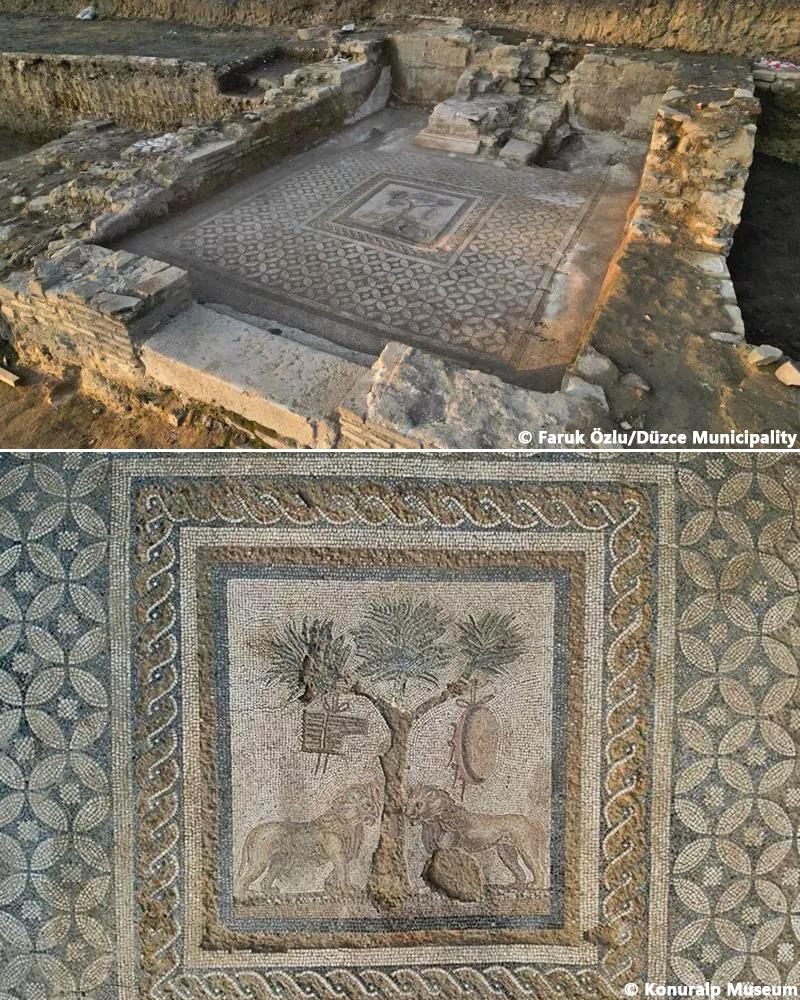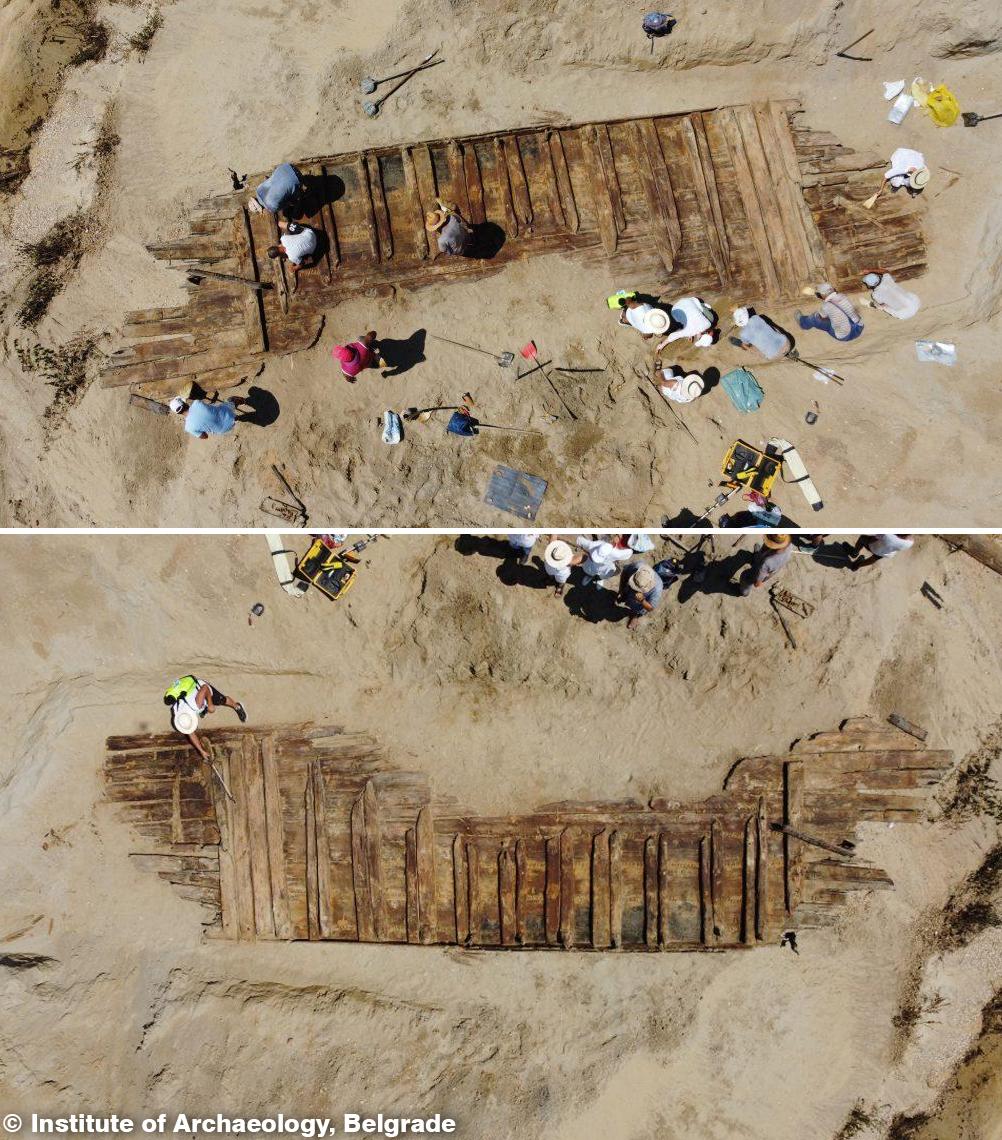Step into the thrilling world of ancient Rome with HBO's groundbreaking series "Rome," which brought to life the dramatic tales of Centurion Lucius Vorenus and his companion Titus Pullo. This iconic TV show, hailed as one of the greatest not only in the historical genre but in television history, revitalized the Roman "Sword and Sandals" genre with its stellar performances and immersive storytelling. Join us as we revisit the impact of "Rome," its unforgettable characters like Lucius Vorenus portrayed by Kevin McKidd, and the lasting legacy it has left on popular culture.

Reviving the Roman Epic: HBO's "Rome" marked a significant resurgence in the popularity of Roman-themed films and series, thanks in part to the compelling portrayal of characters like Centurion Lucius Vorenus by Kevin McKidd. Set against the backdrop of Julius Caesar's rise to power and the subsequent turmoil of the Roman Republic, the show offered a gritty and authentic depiction of ancient Rome. McKidd's portrayal of Vorenus, a stoic and honorable soldier navigating the political intrigues of his time, resonated with audiences and set a new standard for historical drama on television.
Cultural Impact and Resurgence: The success of "Rome" not only captivated viewers but also inspired a resurgence of interest in Roman history and culture. The chemistry between McKidd's Vorenus and Ray Stevenson's Titus Pullo, along with the show's rich storytelling and lavish production design, drew audiences into the complex world of ancient Rome. This renewed fascination with Roman narratives sparked a wave of "Sword and Sandals" films and series, reinvigorating a genre that had lain relatively dormant since the mid-20th century.
Legacy and Cult Following: As "Rome" celebrates its 20th anniversary, its enduring legacy is evident in the devoted fan base that continues to grow. The show's intricate plotlines, authentic costumes, and meticulous attention to historical detail have earned it a cult following among history enthusiasts and television aficionados alike. Memorable characters like Lucius Vorenus remain etched in popular culture, celebrated for their complexity and depth. The resurgence of interest in Roman-themed entertainment reflects a broader fascination with ancient civilizations and the enduring appeal of epic storytelling.
Archaeology and Historical Accuracy: While "Rome" is a work of fiction, its commitment to historical accuracy and authenticity resonates with the principles of archaeology. The show's meticulous recreation of ancient Rome's streets, buildings, and customs offers valuable insights into the daily lives of Romans during the Republic era. Archaeologists and historians can draw inspiration from such visual representations to inform their research and reconstruct ancient societies more vividly. By bridging entertainment with archaeology, "Rome" invites audiences to explore the past and appreciate the complexities of history.
Conclusion: In conclusion, HBO's "Rome" stands as a landmark in television history, thanks to its compelling characters, immersive storytelling, and meticulous attention to historical detail. Centurion Lucius Vorenus, portrayed by Kevin McKidd, embodies the show's blend of drama and authenticity, leaving an indelible mark on popular culture. As we reflect on the show's impact two decades later, we celebrate its role in reviving interest in Roman history and inspiring a new generation of storytellers. "Rome" serves as a testament to the enduring power of historical narratives and the invaluable role of archaeology in preserving and interpreting our shared heritage. Through the lens of Lucius Vorenus and his companions, we embark on a captivating journey into the heart of ancient Rome, where history and entertainment converge to captivate and inspire. Archaeology, like "Rome," continues to illuminate the past and enrich our understanding of civilizations long gone.






